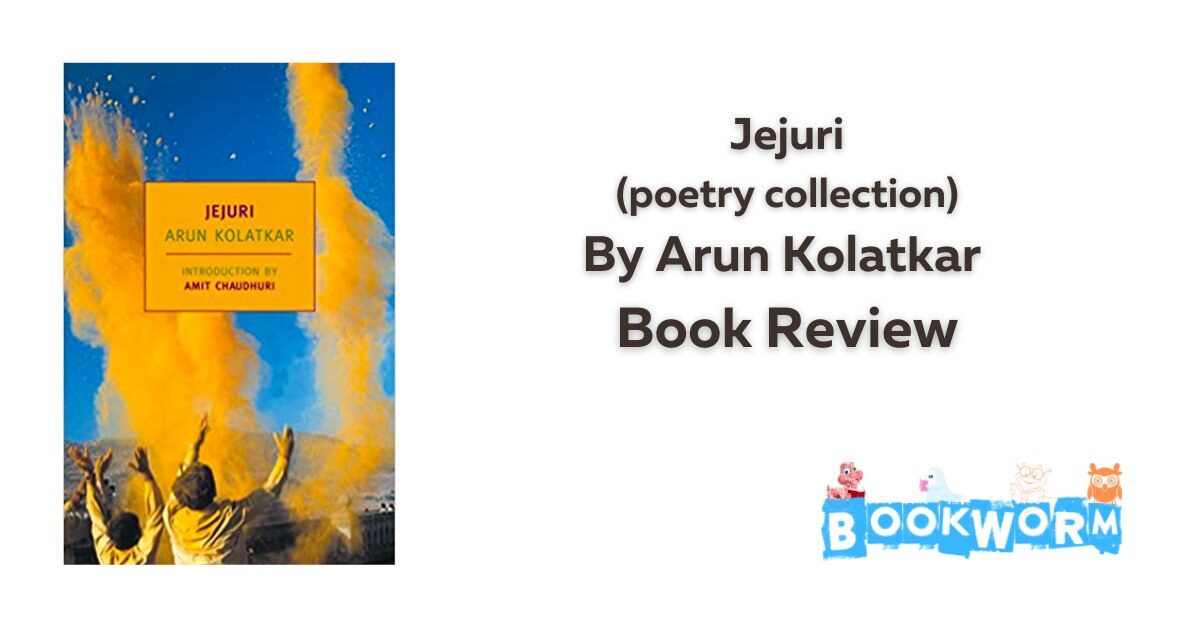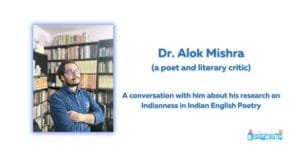Arun Kolatkar’s legacy as an Indian English poet won’t survive beyond the elite circles of academicians, research scholars and extremely aware poetry readers. Before you slander me, try finding a collection of poems by Kolatkar and read it. Your response might be even harsher than what I proposed in the beginning. Arun Kolatkar was a Marathi poet, and that was it. His entry on the horizon of Indian English literature was forceful (one can infer the same by reading Jejuri, his maiden collection of poems in English). And for the appreciation, Kolatkar’s poetry received from his contemporaries, who did not get it? Ezekiel led a pack of poets who made it their sole motive to break free from the ‘tradition’ and, yet, did not find the ‘truth’ that could ‘set them free’.
Jejuri is a travel memoir in verse. The poet travelled to Jejuri, met people, visited shrines, interacted with the locals, found the customs and practices, and wrote a few poems (a pair short to 40). These poems, generally, do not reveal much about the rituals or any other details about the Maharashtra pilgrim site in clarity other than a few vague images the words of the poet form. Nandy, Ezekiel and other poets contemporary to Kolatkar might have their reasons to praise Jejuri; I tried but could not find sufficient elements to appreciate the poetry collection.
“what is god
and what is stone
the dividing line
if it exists is very thin
at jejuri
and every other stone is god or his cousin”
(lines extracted from A Scratch, a poem in Jejuri by Kolatkar, Amit Chaudhuri edition)
Kolatkar opens his poem A Scratch with this analogy. I do appreciate poetry as far as it is poetry (rhyme and reason might vary from poet to poet – strictly proportional to their limits). Nevertheless, completely ignoring punctuation and not acknowledging the lines are not ideal scenes for readers (and it annoys critics). As you read this poem, you will have a few more lines and images but not the poetry you can relate to, ascribe a meaningful attribute or make sensible sense of it.
Jejuri is a collection that celebrates the confusion of the poet. It sings the song of Arun Kolatkar’s dilemma – whether to rise with faith or strike with pseudo-rationalism that believes nothing but one’s ideas. The poet mocks Gods, temples, the faith of those who are faithful, and anything that associates itself with the shrine (the poet visited). Lack of rhyme, depth of thought, poetic beauty and utter unsymmetrical poetic truth (if there is any to find out) offers the readers nothing but a collection of verses with one thing in common – the place and the poet. The poem Between Jejuri and the Railway Station can adequately details many things about the place. The poet has supplied this poem with a cryptic (but easy to decipher) image with letters scattered and forming certain words. Again, that makes no sense! (See page 51.)
To conclude, Jejuri, the first collection of English poems by Arun Kolatkar, offers very little poetry and more of the poet’s internal conflicts. You may enjoy it if you like reading conscious introverts or those instances that remain implicit and say a lot. You can get a copy of Jejuri from Amazon India by clicking the link below.
Buy the poetry collection – click here to go to Amazon India.
Review by Adarsh Jha for BookWorm Reviews
Jejuri by Arun Kolatkar – Book Review of the Poetry Collection
- BookWorm Rating
Summary
Jejuri by Arun Kolatkar is a poetry collection that can be enjoyed by readers who understand implicit imagery, sarcasm, dilemma and self-conjecture. Not for ordinary readers (who may end up seeing gibberish that does not make any sense).




